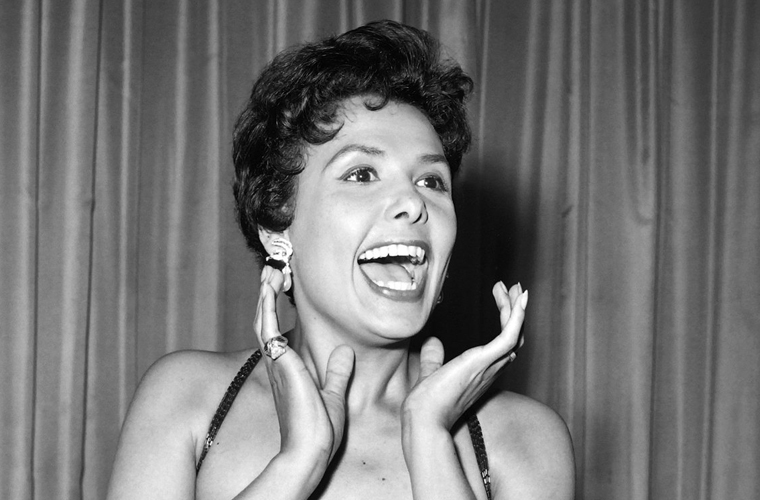Lena Horne was a legendary performer and civil rights activist who broke barriers in the entertainment industry. Born in Brooklyn, New York in 1917, Horne began her career as a singer and actress in the 1930s. Over the course of her six-decade career, she became known for her powerful voice, stunning beauty, and unwavering commitment to social justice.
Horne’s early years were marked by struggle and discrimination. Her parents were both African American, and her father was a gambler who abandoned the family when Horne was just three years old. Horne’s mother, an actress and dancer, struggled to make ends meet and often left her daughter with relatives while she went on tour. Despite these challenges, Horne showed an early talent for singing and dancing, and she began performing in nightclubs and theaters as a teenager.


















In the 1940s, Horne landed a contract with MGM Studios, becoming one of the first African-American women to sign a long-term deal with a major Hollywood studio. However, despite her talent and beauty, Horne was often relegated to minor roles or cut from films altogether due to racism and segregation in the film industry. Frustrated with the limited opportunities available to her, Horne turned her attention to the music industry, where she found greater success.
Horne’s signature song, “Stormy Weather,” became a hit in 1943 and cemented her status as one of the most talented and influential singers of her time. She went on to record numerous albums and perform in venues around the world, earning critical acclaim and a devoted fan base. In addition to her music career, Horne was also a passionate advocate for civil rights and worked tirelessly to promote racial equality.
Throughout her life, Horne faced discrimination and prejudice both within and outside of the entertainment industry. She was often criticized for speaking out about racial injustice and for refusing to perform for segregated audiences. Despite these challenges, Horne remained committed to her principles and continued to use her platform to promote social change.
Horne’s legacy as a trailblazer in music and civil rights continues to inspire generations of performers and activists. Her contributions to American culture and society are immeasurable, and her dedication to justice and equality serves as a powerful reminder of the importance of speaking truth to power. As we celebrate the life and legacy of Lena Horne, we honor her memory by continuing the fight for a more just and equitable world.

